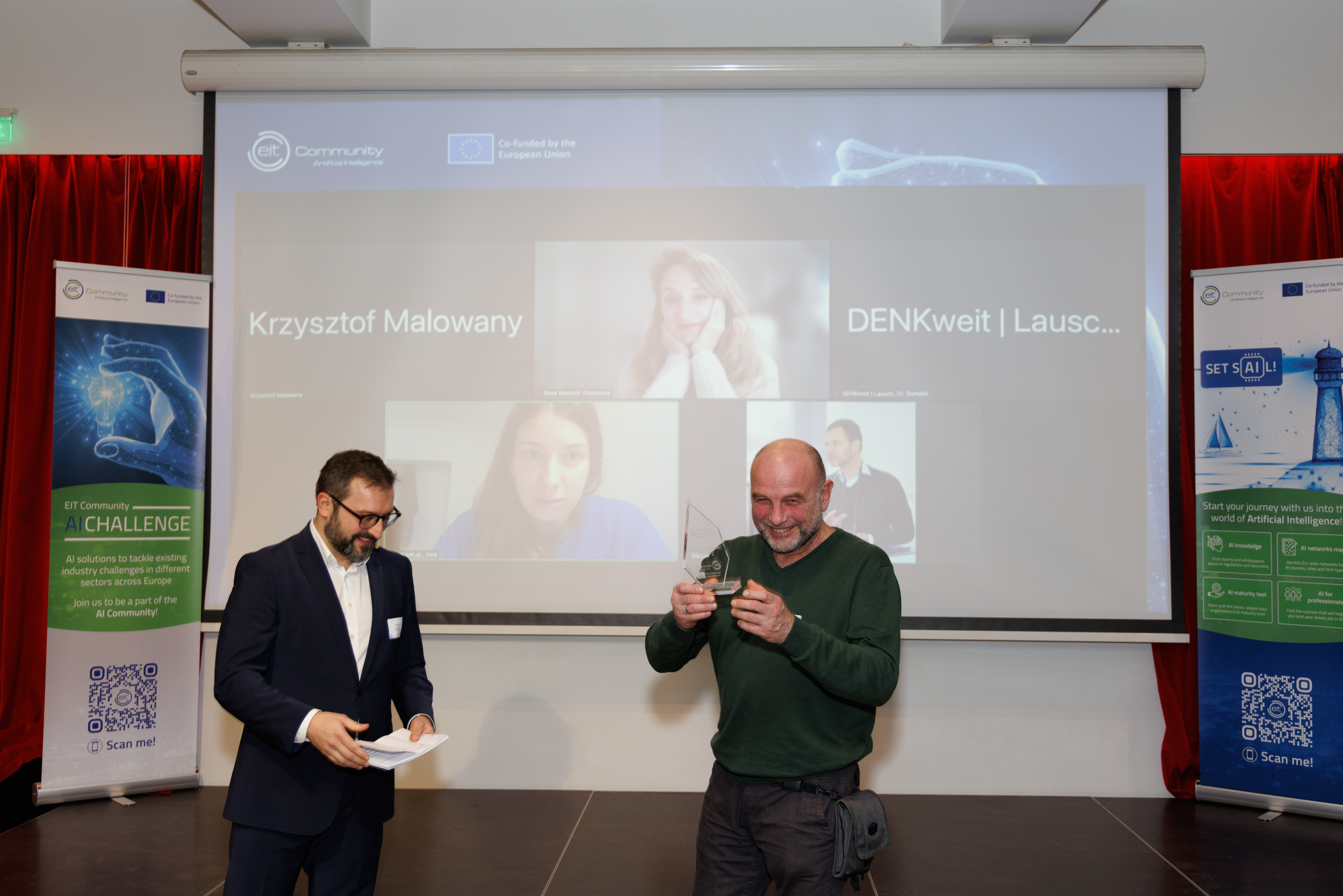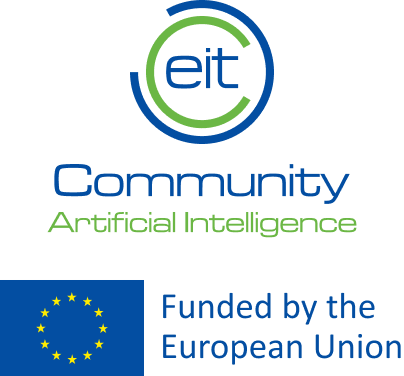Innovative AI start-up Structurescope makes waves with cutting-edge technology that transforms traditional metallurgical tests. Based on digital multi-frequency current non-destructive testing, the company's system determines the physical and chemical properties of materials such as steel, aluminium and titanium alloys. By leveraging electronic companions, software and digital principles, Structurescope has developed an innovative solution that replaces up to 80 percent of traditional metallurgical tests, eliminating the need for time-consuming and manual labour-intensive processes.
Technology
The core of Structurescope's technology lies in its ability to automate and digitise production processes for industrial companies fully. With a focus on increasing digitalisation, the company is integrating AI and machine learning components to reduce the time required for interpreting test results. The interpretation takes approximately 45 minutes, but Structurescope aims to shorten it to five minutes. This significant time reduction will streamline operations and enable faster decision-making for businesses.
To showcase the power of their technology, Structurescope is carrying out an experiment with AI called Stratoscopy G Plus AI in collaboration with the Ukrainian National Academy of Sciences. The company also plans to test Stratoscopy G Plus AI at various industrial sites, including Germany, marking an important milestone in its global expansion efforts.
AI plays a crucial role in Structurescope's non-destructive testing process, as it helps mitigate disturbances caused by factors like temperature variations and measurement errors. The company has developed algorithms that analyse measurement signals and interpret results with the assistance of AI. By leveraging AI capabilities, Structurescope can ensure accurate and reliable data interpretation, which is essential for successful material testing.
Methodology
During the presentation, Structurescope emphasised the importance of data in their system. The company highlighted the significance of amplitude measurement in the fast fans of polyharmonic signals and their intention to leverage AI to interpret this data accurately. Structurescope believes that combining advanced technology and AI-driven analysis will revolutionise material testing and inspection, unlocking new possibilities and driving innovation in the field.
Despite the challenges posed by international travel, Structurescope, hailing from Ukraine, showcased its remarkable dedication by attending the event and presenting its breakthrough technology. The company has already obtained a patent from the United States Patent and Trademark Office (USPTO) for their potential technology in the USA, further solidifying its position as an industry leader.
In the Q&A session that followed the presentation, Structurescope addressed inquiries about the specific characteristics of the materials they analysed. They highlighted their focus on mechanical, physical, and chemical characteristics, emphasising their non-destructive method's wide range of testing possibilities.
Structurescope's non-invasive testing methodology, rooted in both digital processing and quantum physics, is attracting attention for its potential to revolutionise material analysis. The company can reconstruct materials and obtain diverse results by combining robotics, scanning technology, and advanced algorithms. With their relentless pursuit of innovation and dedication to advancing material testing, Structurescope is poised to impact various industries significantly.


